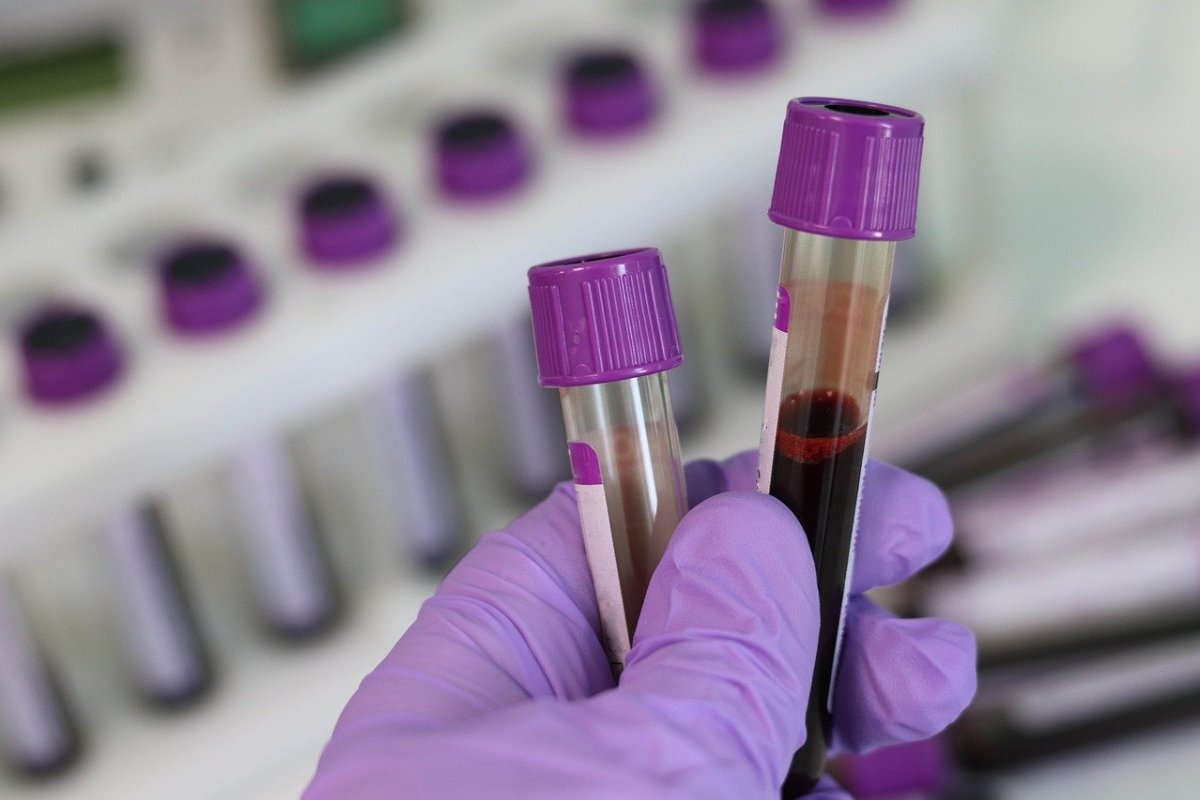Blood
Simple blood test can help diagnose bipolar disorder, researchers say
Oct. 25 (UPI) — Researchers at the University of Cambridge said Wednesday they have developed a way to use biomarkers in a blood test to more accurately diagnose bipolar disorder.
Details of the research were published in the journal JAMA Psychiatry.
Bipolar disorder is often misdiagnosed with major depressive disorder because both have numerous overlapping symptoms but need different pharmacological treatments.
While current blood tests can correctly diagnose up to 30% of bipolar cases, a new test that makes use of biomarkers could allow physicians to differentiate between major depressive disorder and bipolar disorder, the researchers said.
Bipolar disorder affects about 80 million people globally but for nearly 40% of patients, it is misdiagnosed as major depressive disorder.
“People with bipolar disorder will experience periods of low mood and periods of very high mood or mania,” said first author Jakub Tomasik, from Cambridge’s Department of Chemical Engineering and Biotechnology.
“But patients will often only see a doctor when they’re experiencing low mood, which is why bipolar disorder frequently gets misdiagnosed as major depressive disorder.”
The authors said that nearly 40% of bipolar patients have been misdiagnosed as major depressive disorder.
“When someone with bipolar disorder is experiencing a period of low mood, to a physician, it can look very similar to someone with major depressive disorder,” said Sabine Bahn, who led the research.
“However, the two conditions need to be treated differently: if someone with bipolar disorder is prescribed antidepressants without the addition of a mood stabilizer, it can trigger a manic episode,” she said.
Researchers said from 2018 to 2020 in Britain, some 3,000 participants completed an online mental health assessment of more than 600 questions. The assessment covered a range of topics that may be relevant to mental health disorders, including past or current depressive episodes, generalized anxiety, symptoms of mania, family history or substance abuse.
Then, about 1,000 were selected to send in a dried blood sample from a simple finger prick, which the researchers analyzed for more than 600 different metabolites using mass spectrometry.
Researchers said that while a full psychiatric assessment remains the most accurate way to diagnose bipolar disorder, patients often face long waits to get these assessments and take additional time to complete.
“Psychiatric assessments are highly effective, but the ability to diagnose bipolar disorder with a simple blood test could ensure that patients get the right treatment the first time and alleviate some of the pressures on medical professionals,” Tomasik said.

